Introduction
Antioxidants Nutrients are powerful substances that play a crucial role in protecting our cells from damage and combating diseases.
They work by neutralizing free radicals, unstable molecules that can cause oxidative stress and lead to various health issues.
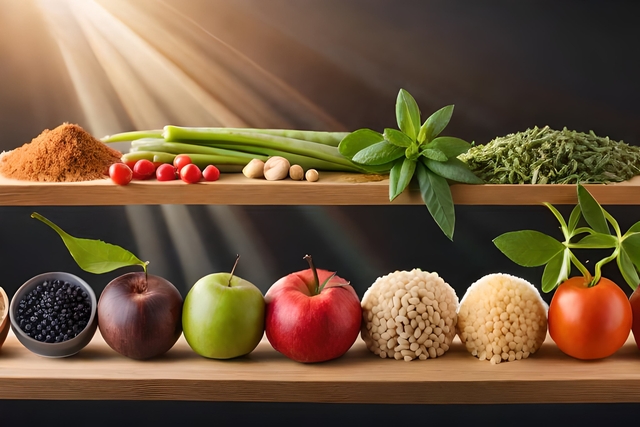
Understanding the mechanism of action and the health benefits of antioxidants can help us harness their full potential in maintaining optimal health.
Types of Antioxidants Nutrients
Antioxidants Nutrients come in various forms, including vitamins (like C and E), minerals (such as selenium and zinc), and phytochemicals found in fruits and vegetables.
These compounds neutralize harmful free radicals, supporting overall health and reducing the risk of chronic diseases.
Endogenous antioxidants
They are produced within the body, include enzymatic antioxidants and non-enzymatic antioxidants.
Enzymatic antioxidants such as superoxide dismutase and catalase work inside cells to neutralize harmful free radicals.
Non-enzymatic antioxidants, such as glutathione and uric acid, scavenge free radicals in the extracellular environment.
Exogenous antioxidants
On the other hand, are obtained from external sources like diet and supplements.
These include vitamin C, which helps protect water-soluble cellular components, and vitamin E, which safeguards lipid soluble components.
Additionally, polyphenols found in various plant-based foods act as potent antioxidants.
Mechanisms of Action Of Antioxidants Nutrients
Antioxidants Nutrients function through multiple mechanisms, primarily by scavenging free radicals, inhibiting oxidative chain reactions, and enhancing the activity of antioxidant enzymes.
They protect cells and tissues from oxidative damage, contributing to overall health and disease prevention.
Antioxidants mechanisms
Antioxidants Nutrients exhibit their protective effects through multiple mechanisms. Firstly, they neutralize free radicals, including reactive oxygen species (ROS) and reactive nitrogen species (RNS), preventing them from causing damage to cells.
By doing so, antioxidants stabilize these highly reactive molecules and break the damaging chain reactions they can initiate.
Antioxidants Nutrients role
Furthermore, Antioxidants Nutrients play a critical role in shielding important cellular components.
They preserve the integrity of lipids, which are essential for cell membranes, by inhibiting the oxidation of lipid molecules.
Proteins, crucial for various cellular functions, are also safeguarded by antioxidants against oxidative damage that can impair their structure and function.
Moreover, antioxidants help maintain the stability of DNA, protecting against mutations that can lead to genetic abnormalities and diseases.
Antioxidants Nutrients Health Benefits
Antioxidants offer a myriad of health benefits, including reducing inflammation, protecting against chronic diseases like heart disease and cancer.
They improving skin health, supporting immune function, and promoting overall well-being through their ability to neutralize harmful free radicals.
Antioxidants protective role in cardiovascular diseases
The consumption of antioxidants has been associated with numerous health benefits. By neutralizing free radicals and reducing oxidative stress, antioxidants help prevent chronic diseases.
They have been shown to play a protective role in cardiovascular diseases, reducing the risk of heart attacks and strokes.
Additionally, antioxidants have exhibited anti-cancer properties by inhibiting the growth of cancer cells and reducing the risk of tumor development.
Antioxidants anti-inflammatory effects
Moreover, antioxidants have shown promise in countering neurodegenerative disorders, such as Alzheimer’s and Parkinson’s diseases, by limiting oxidative damage in the brain.
The reduction of oxidative stress achieved through antioxidant action also contributes to their anti-inflammatory effects.
Inflammation, a key component of various diseases, can be regulated by antioxidants, leading to reduced inflammation and related symptoms.
Food Sources of Antioxidants
A wide array of foods provides antioxidants, with fruits like berries, citrus fruits, and apples being rich sources.
Vegetables such as spinach, kale, and broccoli also contain high levels. Additionally, nuts, seeds, and whole grains contribute to antioxidant intake.
Including a diverse range of colorful fruits and vegetables in the diet ensures a varied and abundant supply of these health-promoting compounds.
Fruits
A well-balanced diet rich in antioxidant-containing foods is essential for obtaining adequate amounts of these beneficial compounds.
Berries and fruits, such as blueberries, strawberries, and oranges, are excellent sources of antioxidants, particularly vitamin C.
Vegetables
Green leafy vegetables like spinach and kale also provide a good amount of antioxidants, including vitamins E and C, as well as various phytochemicals.
Nuts and seeds, such as almonds and flaxseeds, offer a wide range of antioxidants, including vitamin E and polyphenols.
Additionally, spices and herbs, like turmeric and cinnamon, are known for their high antioxidant content, making them valuable additions to meals.
Factors Affecting Antioxidant Activity
While incorporating antioxidant-rich foods into our diet is crucial, it is essential to consider factors that can affect the bioavailability and activity of antioxidants.
Cooking methods can alter the antioxidant content of foods, with excessive heat or prolonged cooking leading to the degradation of antioxidants.
Proper storage conditions, such as avoiding exposure to light and air, can help preserve the antioxidant levels in foods.
Additionally, processing techniques, such as juicing or steaming, may impact the availability and stability of antioxidants in foods, making it important to opt for fresh and minimally processed options.
Environmental factors like pollution and stress can impact antioxidant levels in the body.
Conclusion:
Antioxidants are indispensable in protecting cells from damage and disease, with their multi-faceted mechanisms of action and wide range of benefits.
By neutralizing free radicals and preserving cellular components, antioxidants contribute to our overall health and well-being.
Including antioxidant-rich foods in our diet, being mindful of cooking and storage methods, and opting for minimally processed options can help maximize the potential benefits of antioxidants.
Frequently Asked Questions:
Q1. How do Antioxidants Nutrients fight against oxidative stress?
Antioxidants Nutrients neutralize free radicals, preventing their damaging effects and reducing oxidative stress.
They stabilize highly reactive molecules, halting the chain reactions that lead to cellular damage.
Q2. Are natural Antioxidants Nutrients better than synthetic ones?
Both natural and synthetic antioxidants can exhibit protective effects, but natural antioxidants derived from food sources often come with additional health benefits due to their bioavailability and synergistic interactions with other nutrients.
Q3. Can antioxidants reverse the damage caused by free radicals?
While antioxidants can prevent further damage by neutralizing free radicals, they cannot entirely reverse the damage that has already occurred.
However, they can contribute to the repair and maintenance of cells, supporting overall cellular health.
Q4. Can antioxidant supplements replace a healthy diet?
Antioxidant supplements should not be seen as a substitute for a well-rounded, nutrient-dense diet.
Whole foods provide a diverse array of antioxidants, alongside other essential nutrients, which offer more comprehensive health benefits.
Q5. Are antioxidant-rich foods enough to protect against all diseases?
While consuming antioxidant-rich foods is important for overall health, they should be seen as part of a holistic approach that includes other lifestyle factors, such as regular physical activity, stress management, and maintaining a balanced diet, to reduce the risk of various diseases.

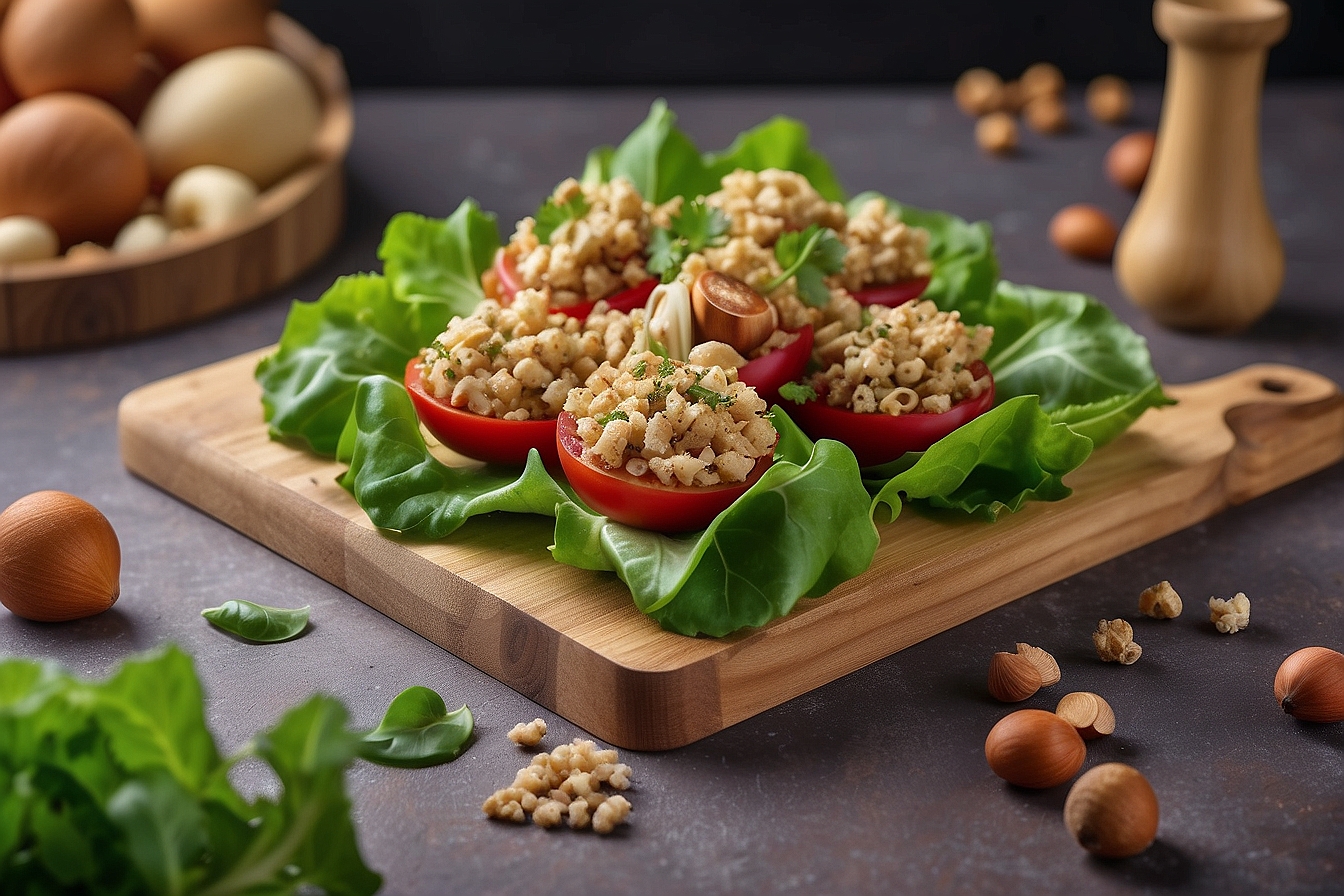


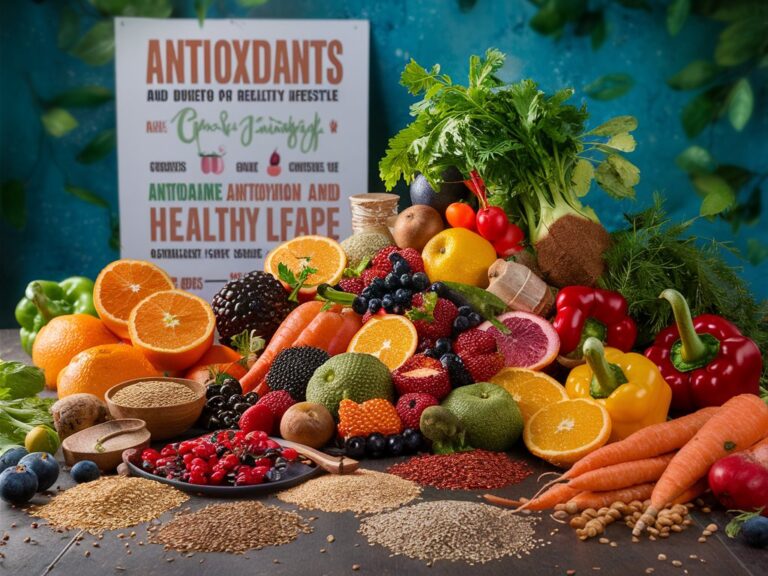
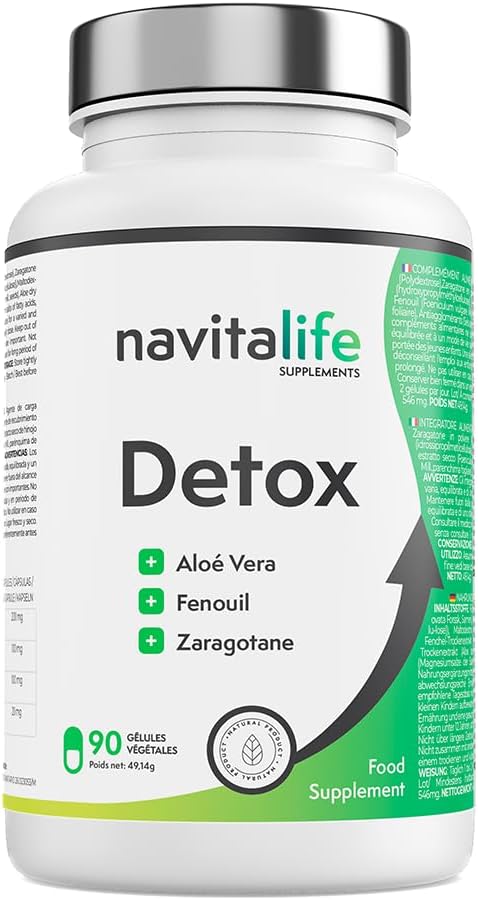

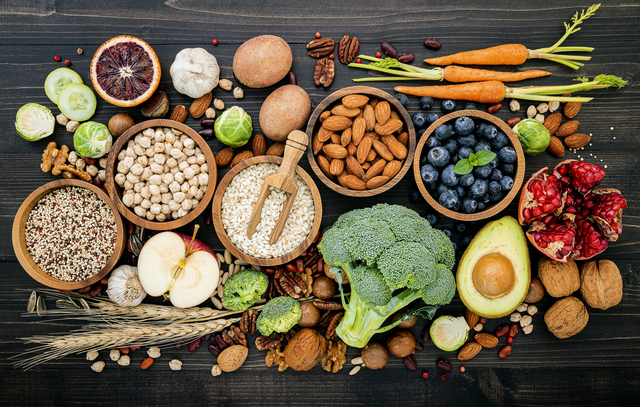
Wow, superb weblog layout! How long have you been blogging for?
you make running a blog look easy. The entire look of your website is magnificent, let alone the content!
You can see similar here dobry sklep
Xvideos.gold, Gold is the new free red, check it out: https://xvideos.gold
Thanks for sharing. I read many of your blog posts, cool, your blog is very good. https://accounts.binance.com/zh-TC/register-person?ref=VDVEQ78S